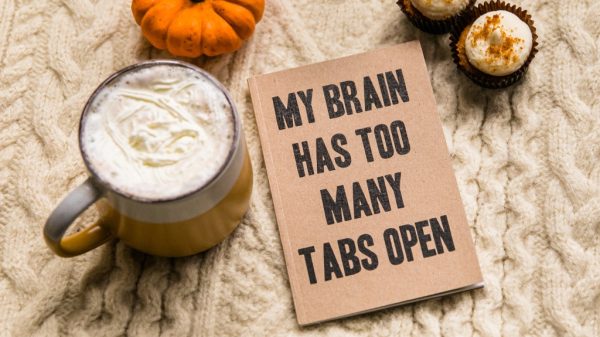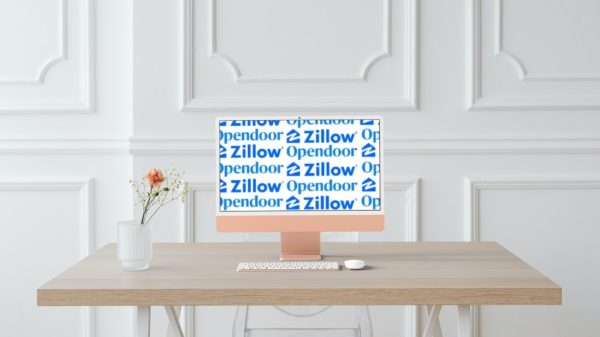Alright, Zillow, I guess we’re doing this again.
Zillow, an acclaimed real estate website and patent hoarder of the first degree, has claimed yet another patent to add to their ever-growing list. We’d feign outrage, but at this point, it’s just redundant.
The patent in question relates to the presentation of information regarding a house or property. More specifically, the patent addresses the way that information is formatted. Should the image contain “a primary pane and at least two secondary panes to simultaneously display at least three types of information about the interior of the house in a coordinated manner”—you know, like every site ever—Zillow technically holds the patent for that style of presentation.
The way in which a user navigates through the aforementioned information is also mentioned in the patent. According to the patent information, if one must use “multiple user-selectable controls that modify information shown in the displayed GUI” to move through the photos or videos listed in the patented panes, that technically falls under the domain of the patent itself.
In theory, this doesn’t sound terrible; however, so many sites present information using the “pane” layout, and virtually every site that does so also uses arrows or other visual indicators—or, to use the patent language, “multiple user-selectable controls”—to navigate through that information.
We’ve spoken at length about how Zillow’s patent behavior is ruthless and, at times, bordering on maniacal. The sheer number of patents Zillow has accrued even in the last few years is astounding, and they all share one crucial commonality: Their application to competitors.
The implications of a company being able to scoop up patents left and right like this are frightening. Real estate isn’t exactly an easy enterprise to break into, and Zillow appears to be doing their damnedest to ensure that it stays that way by preventing smaller businesses from using objectively intuitive ways to show properties.
Worse still, these patent grabs are occurring during a period of time in which safe, remote presentation of information has never been more critical. To say that this is a flagrant abuse of patent law would be an understatement. Simply put, this kind of behavior is unethical, unwarranted, and—apparently—unpunished.
Jack Lloyd has a BA in Creative Writing from Forest Grove's Pacific University; he spends his writing days using his degree to pursue semicolons, freelance writing and editing, oxford commas, and enough coffee to kill a bear. His infatuation with rain is matched only by his dry sense of humor.

















































